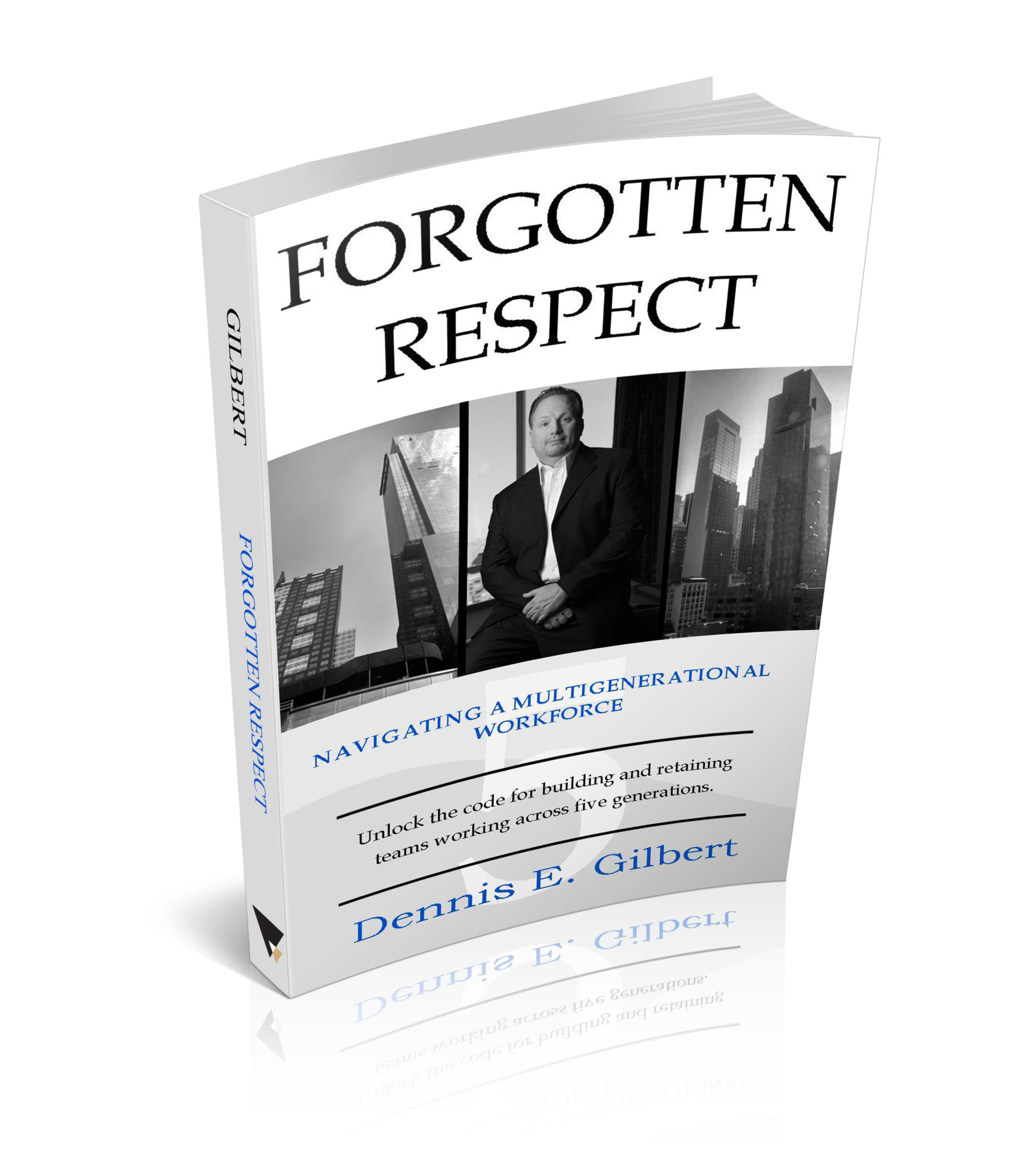
Changing Minds May Be The Secret To Your Success
What are you seeking to do next? Are you in the business of changing minds?
When you enter the meeting and there is a published agenda you likely have an idea of direction. Even when you may suggest, “I’ll wait to see what they say.”
Nearly everyone is making choices and decisions based on their frame. They have limitations in various directions. There may be some room to compromise or the parameters may be fixed.
Computer scientists tell us that there are variables and constants. Variables can change, but constants remain the same during any program execution.
When it comes to people what are you trying to change?
Changing Minds
Many people want the data, the research, and the history. They’ll decide about their willingness to shift by looking at the constants.
Not every choice is an exact science. Most of our decisions or choices are connected to an emotion. It may be a belief, but belief often lacks science. It’s missing the proof that logical thinkers need in order to feel.
It seems that when you really want to change minds, you’re going to have provide the data, create a belief, or both.
Changing minds then is a framework of thought. It will always be conditioned how people feel about the situation and sometimes that feeling will develop through the data, sometimes without.
Forcing a change is often not successful because people are taking action against their beliefs.
A compelling call-to-action, something that develops through choice is much more powerful.
Thus, the popular comment, “You can’t change people.”
People change when they’ve made a choice to do so.
-DEG
Dennis E. Gilbert is a business consultant, speaker (CSPTM), and corporate trainer. He is a five-time author and the founder of Appreciative Strategies, LLC. His business focuses on positive human performance improvement solutions through Appreciative Strategies®. Reach him through his website at Dennis-Gilbert.com or by calling +1 646.546.5553.













